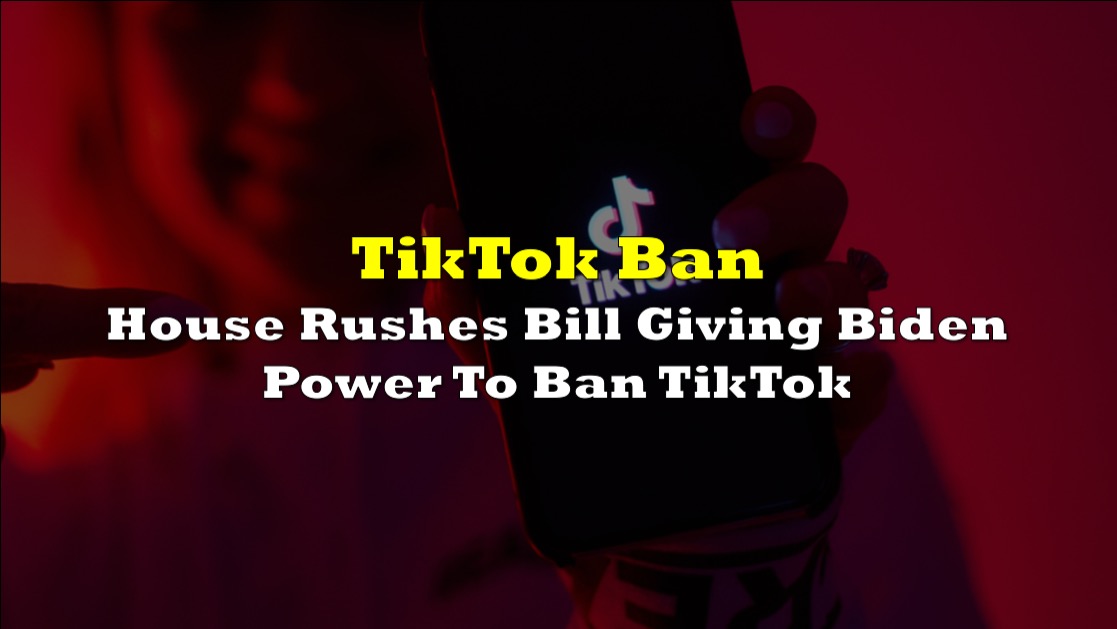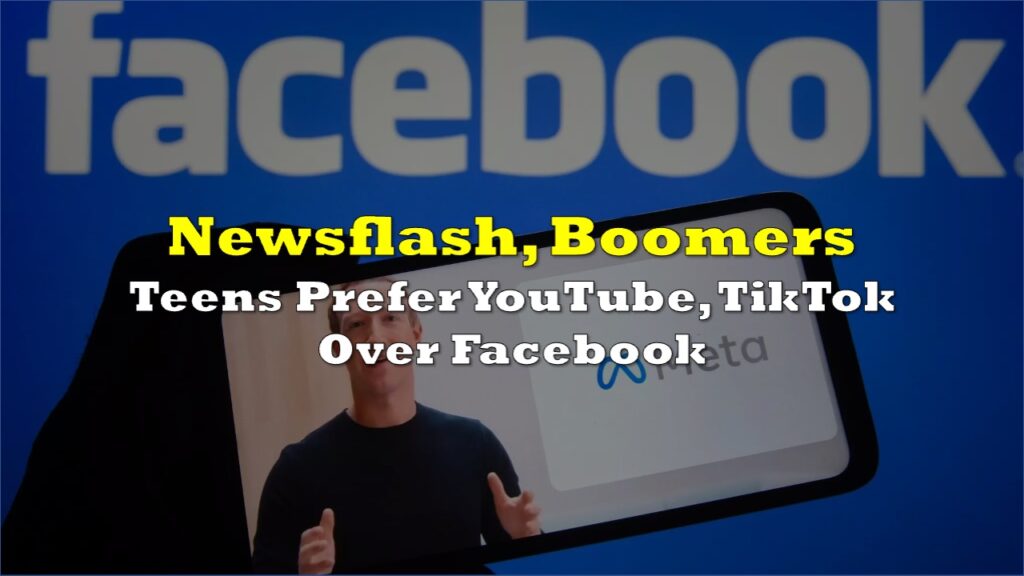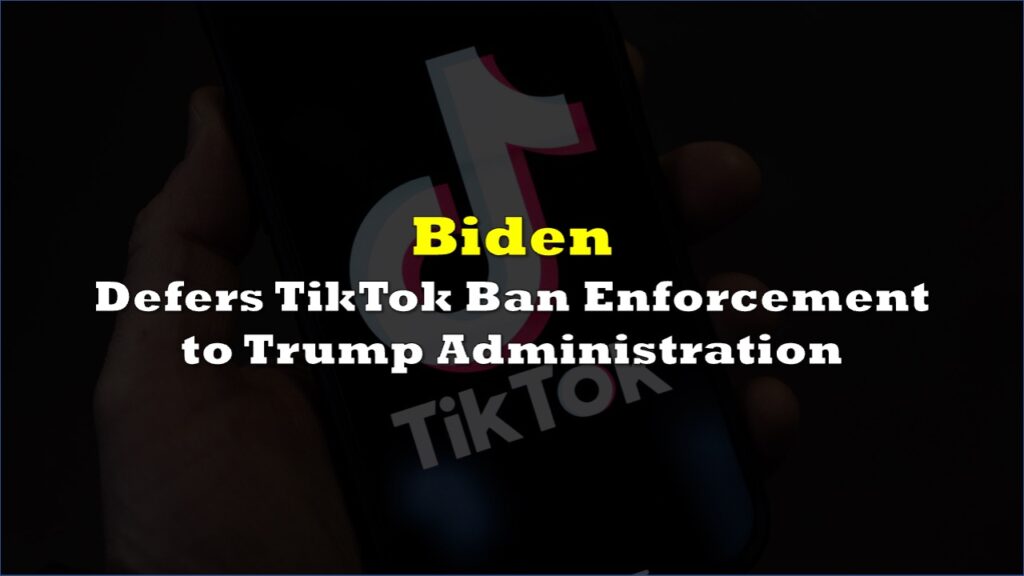On Wednesday, the House Foreign Affairs committee voted to advance legislation that would make it easier to ban TikTok from the US and crackdown on other China-related economic activity.
The bill, introduced on Friday and pushed through by committee chair Michael McCaul, would give US President Joe Biden’s administration the authority to enforce a nationwide TikTok ban under the International Emergency Economic Powers Act (IEEPA).
The bill specifically names TikTok and its parent company, ByteDance, and requires Biden to impose penalties on the companies, up to and potentially including a ban, if the administration determines they may have knowingly transferred TikTok’s user data to “any foreign person” working for or influenced by the Chinese government.
Sanctions would also be imposed if the Biden administration determines that the companies assisted the Chinese government in surveillance, hacking, censorship, or intelligence gathering; facilitated election meddling in the US or another democratic ally; or assisted the Chinese government in influencing US policymaking, among other things.
The legislation, known as H.R. 1153, also known as the Deterring America’s Technological Adversaries Act, counters the International Communication and Information Policy Act of 1982 (ICIPA).
The ICIPA prohibits the US government from restricting the export, import, or transmission of any “informational materials” to or from any country, regardless of the content or purpose of the materials. “Informational materials” are defined broadly to include any media or communication that conveys information or ideas, including books, magazines, newspapers, films, recordings, and other forms of expression.
The protection of laws such as ICIPA is a significant barrier for legislation and initiatives to ban TikTok throughout the United States. But, the law under consideration this week says that “sensitive personal data” is not protected, allowing the US government to place limits on the international flow of data under IEEPA.
The proposal underscores the urgency felt by American politicians in the face of concerns that TikTok or ByteDance could be forced by the Chinese government to pass over the personal information of their US users. According to US authorities, the data might benefit China by aiding targeted misinformation efforts or by supplying intelligence targets.
Currently, TikTok is banned in US federal government agencies and offices. The app has also been banned from government devices in 31 states, with five states (Hawaii, New York, California, Massachusetts, and Vermont) proposing bans and five others (Louisiana, Florida, West Virginia, and Pennsylvania) issuing bans in specific government agencies.
The development in the bill’s progress happens amid the US Senate also mulling legislation to ban TikTok. This also comes on the heels of some nations electing to or working on banning the app, as well.
In Canada, the federal government is also banning TikTok from all government-owned devices beginning February 28, citing concerns over the massively popular Chinese-owned video-sharing app’s data-sharing practices with the Chinese government.
TikTok spokesperson Brooke Oberwetter issued a statement urging the Biden administration to finalize a planned national security accord that has been in the works for years and is intended to address such concerns.
“Over 100 million Americans use and love TikTok,” Oberwetter said. “It would be unfortunate if the House Foreign Affairs Committee were to censor millions of Americans, and do so based not on actual intelligence, but on a basic misunderstanding of our corporate structure.”
Oberwetter also clarified that TikTok is a “U.S. company bound by U.S. law, and we are two years and $1.5 billion dollars deep into a project to go above and beyond existing law to secure the U.S. version of the TikTok platform.”
🚨As of today, the TikTok app will be removed and blocked from use on all government-issued mobile devices. 🚨
— CSIS Canada (@csiscanada) February 28, 2023
This initiative is to ensure government information systems and networks remain secure and protected. #CdnNatSec pic.twitter.com/VlsBS9Z9JV
TikTok also announced on Wednesday that in the coming weeks, every account held by a user under the age of 18 will have a default 60-minute daily screen time limit.
Information for this briefing was found via CNN, AP, and the sources mentioned. The author has no securities or affiliations related to this organization. Not a recommendation to buy or sell. Always do additional research and consult a professional before purchasing a security. The author holds no licenses.









